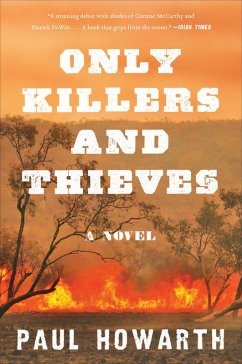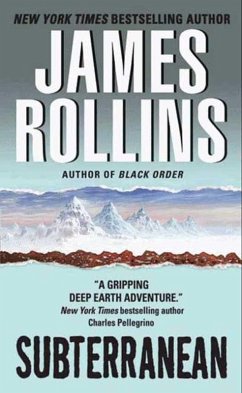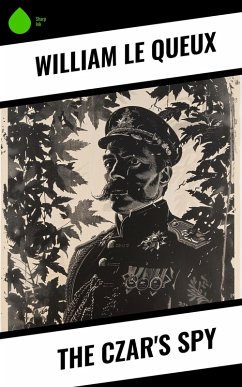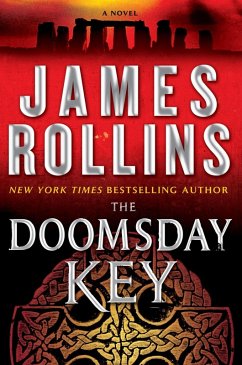
The Great White Queen (eBook, ePUB)
A Tale of Treasure and Treason

PAYBACK Punkte
0 °P sammeln!
Our hero, Richard Scarsmere, befriends an individual (Omar) at an English boarding school who turns out to be an African prince from a kingdom called Mo. Omar receives a visit from one of his mother's trusted advisers. His mother, the Great White Queen, seeks him to return home immediately. Omar convinces Scarsmere to return to Africa with him since there is little opportunity awaiting him in London. What follows is a tale of deceit, treachery, barbarity, and mystery.
Dieser Download kann aus rechtlichen Gründen nur mit Rechnungsadresse in A, B, BG, CY, CZ, D, DK, EW, E, FIN, F, GR, HR, H, IRL, I, LT, L, LR, M, NL, PL, P, R, S, SLO, SK ausgeliefert werden.













